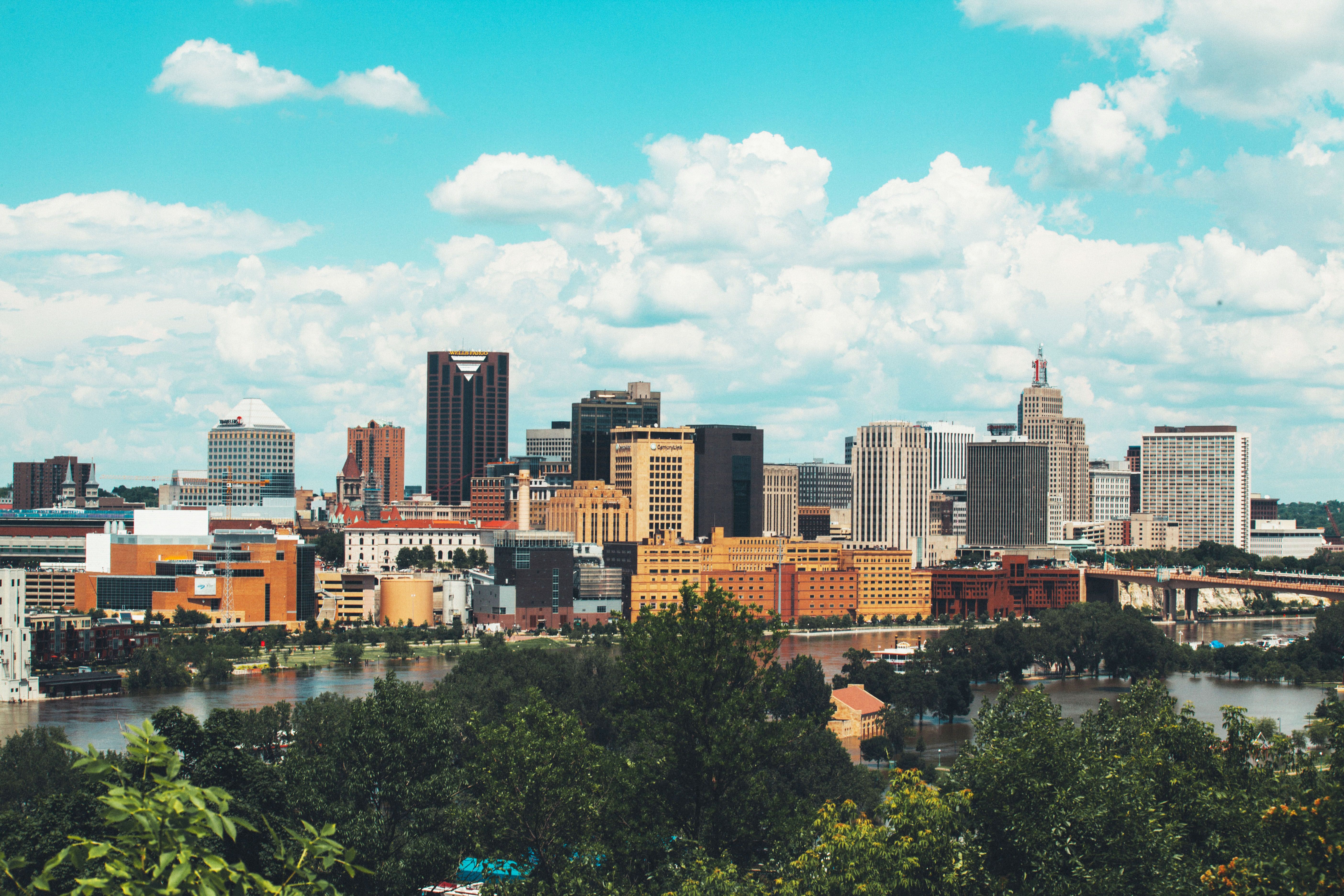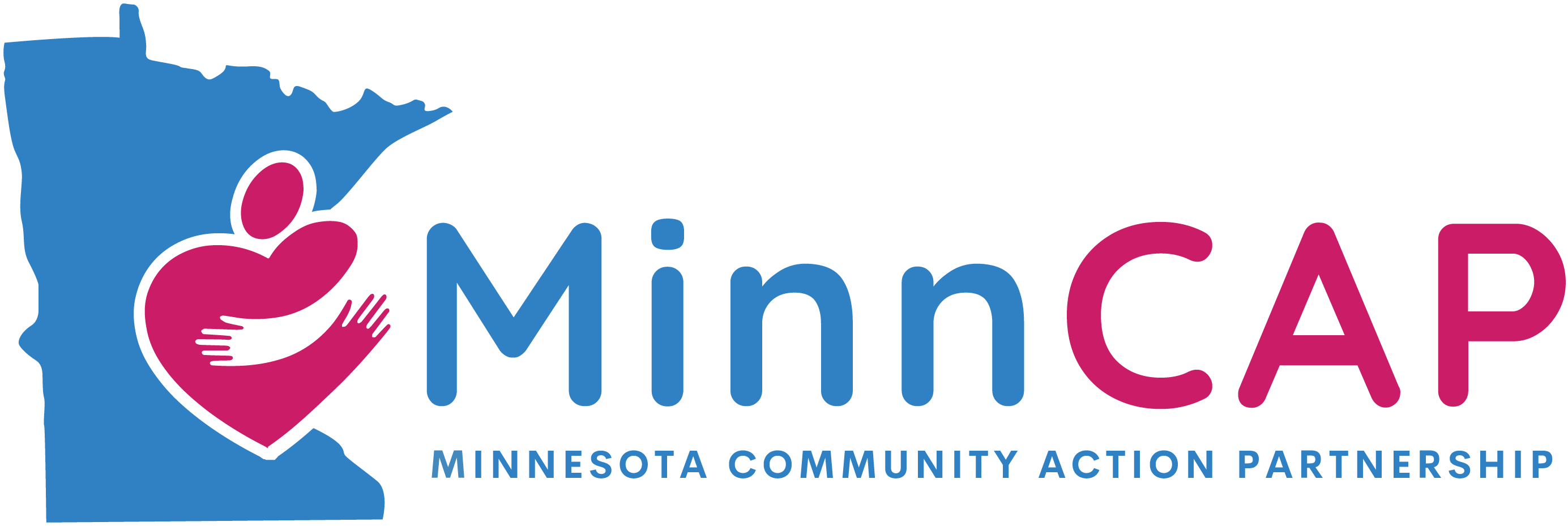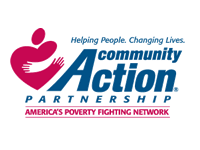Vol 7 - No 3
Extreme urban heat is a powerful environmental stressor which poses a significant threat to human health and well-being. Exacerbated by the urban heat island phenomenon, heat events are expected to become more intense and frequent as climate change progresses…Results indicate that groups with limited adaptive capacity, including those in poverty and non-white populations, are at higher risk for heat exposure, suggesting an emerging concern of environmental justice as it relates to climate change.
- International Journal of Environmental Research and Public Health
In 2015 the University of Minnesota’s Institute on the Environment published a ground-breaking study on the phenomenon of “urban heat islands” in the Minneapolis – St. Paul metropolitan area. The findings of this research revealed that temperatures in some local neighborhoods can rise significantly higher than others during the summer months. In fact, during the historic Upper Midwest heat wave in July of 2012, temperature differentials were nearly 10 degrees higher in certain areas of the Twin Cities as compared to others.
In recent years an increasing amount of literature in this area – including multi-city studies from the Yale School of Forestry and Environmental Studies and the School of Urban Studies and Planning at Portland State University – have uncovered the dastardly link between the racist housing practices of the twentieth century and the dreadful consequences of climate change.
On several occasions, I have used this space to address the topics such as environmental racism and restrictive housing covenants, sometimes even within the same column. But this new research raises the stakes much higher. We’ve understood for a long time now how the lack of tree cover, poor air quality, presence of MPCA contaminated sites, dearth of public investment, and other environmental factors in poor and minority communities disproportionately afflicts those residents.
These inequalities alone already helped to underscore a public health crisis – one that for many represents a very tangible matter of life. But climate change renders these circumstances as even more dire.
As climate journalist Daniel Cusick writes, "Air pollution and extreme heat are killing inner-city residents at a higher rate than almost all other causes… And as average temperatures continue to rise – contributing to what scientists call the “urban heat island effect” – death and illness from the effects of climate change are expected to rise further."
Although this phenomenon exists in pretty much every American city, both large and small, among the cities where the scientific data is most alarming are Baltimore, Oakland, Los Angeles, Las Vegas, Portland, Denver, and yes, Minneapolis. And while the century old practice of redlining and racist housing policies laid the foundation for this particular predicament, subsequent and even current planning strategies only further exacerbate the problem.
Vivek Shandas, co-author of the Portland State study, notes there is a “very stark divide… a clear delineation between climate risk in neighborhoods subject to redlining and those that were not.” And when one considers the amount of investment in green spaces, tree canopies, and public parks that is made in other areas, Shandas adds that at the very least this “suggests a woefully negligent planning system that benefits hyper-privileged rich and whiter communities.”
Of course, this is not a simply an American problem. Climate change, while it touches all of humanity (not to mention animal and plant life), has a decidedly detrimental impact on populations of color and the poor all over the globe.









